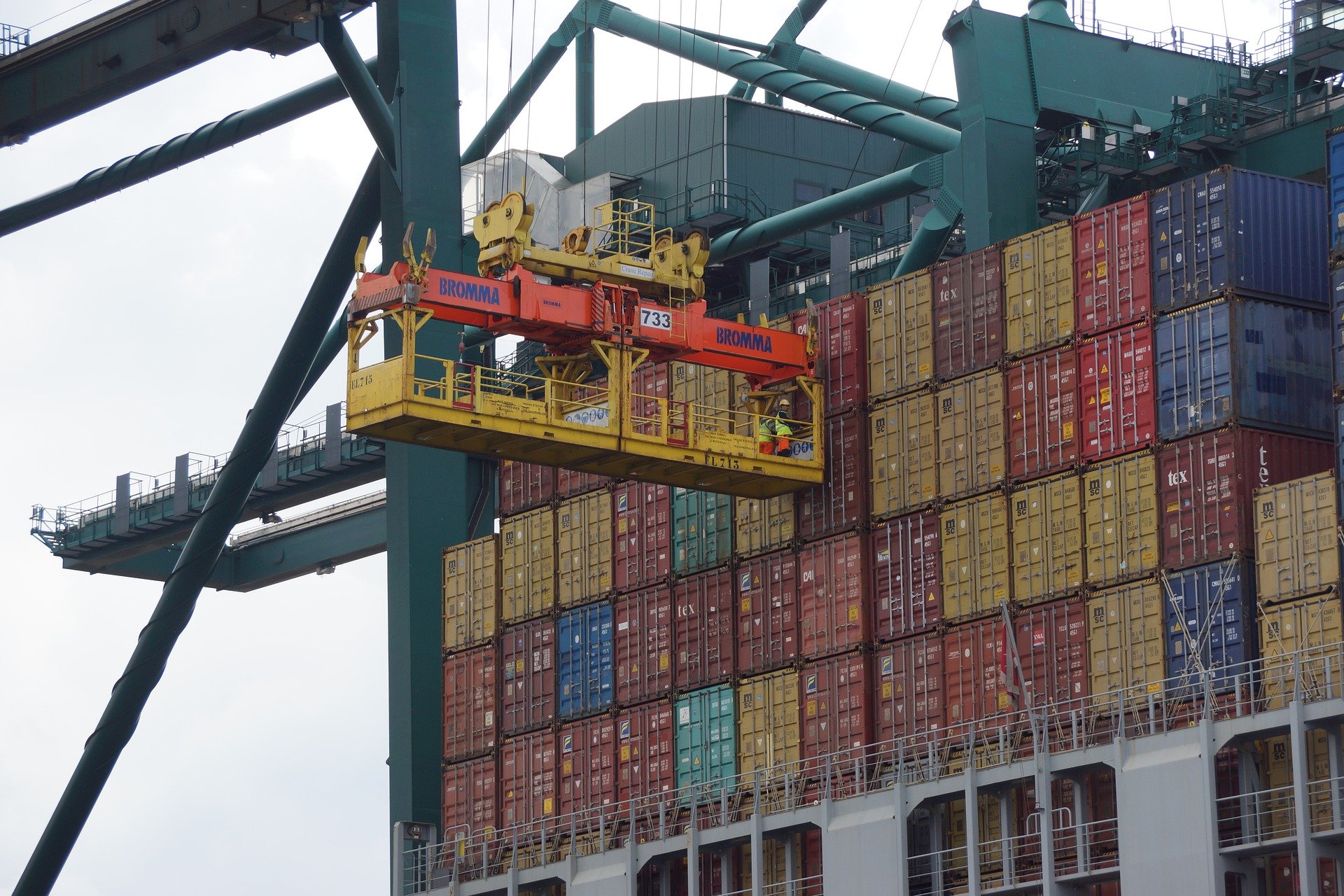
Cargo claims shouldn’t be problematic. Incidents are worked through logically to determine where and how the problem occurred and, providing there is adequate insurance coverage in place and a reasonable understanding of the insurance process, then the issue can be easily resolved…..or so the theory goes.
Cargo claims are in fact one of the most challenging scenarios service providers and cargo owners can find themselves in. The potential for conflict is significant, but careful planning beforehand can avoid any fall out. Ensure you have cargo insurance.
Insurable Interest
“A person or entity has an insurable interest in an item, event or action when the damage or loss of the object would cause a financial loss or other hardships
The issue of course arises when one party or other believes they have no insurable interest and move goods from A to B without any insurance coverage. In most incidents both the service provider and the cargo owner will have at least some degree of insurable interest.
There are three main points of reference for any cargo owner to consider when determining their insurable interest moving goods by road, sea or air.
Firstly, is the carrier’s Liability Limitations. This will depend on the mode of transport and whether you book directly with the carrier or through a freight forwarder. Plan for the worst and don’t expect the Limitation to cover the full value of the cargo.
Secondly is the extent of coverage you require, which depends on the carriage terms agreed with your customer. If selling ex works origin factory then your insurable interest will be considerably less than carriage paid through to CIF Destination Port.
The last point is the curve ball; General Average.
“……an equitable principle of maritime law. It provides for a distribution among the vessel and cargo owners of losses and extraordinary expenses voluntarily undertaken for the common benefit in order to avert total probable loss”
General Average is not covered by a carrier or freight forwarders liability and should always be included as the cargo owner’s insurance interest.
Consider the recent example of the Ever Given
Following work to refloat the ship in the Suez Canal the owner of the Ever Given advised on April 1 2021 that it declared a General Average.
The Ever Given had been stuck in the canal for six days and the effort to get it moving again required more than a dozen tug boats and multiple dredgers. Egyptian authorities had advised that they would seek up to $1B as compensation for lost business and to cover the cost of efforts used to refloat the vessel.
The declaration of a General Average by Shoei-Kisen, the ship’s owner, meant that cargo owners would be required to share the relevant expenses incurred in the ship’s rescue.
Under the terms of the General Average declared, this cost will be shared equitably by the vessel and cargo owners. A quick calculation equates that to a US$22,000 per 20’ container contribution by cargo owners.
Cargo claims can be problematic, but they needn’t be.
It is not a legal obligation to carry Goods in Transit insurance, but as a shipper of cargo, it is important to be fully aware of your insurable interest in any cargo movement and very advisable to include Goods in Transit insurance on the ‘must do’ list before shipping cargo.
For more information on shipping insurance and the laws governing sea cargo, please call 028 9560 8444, email [email protected] or fill in the contact form on our website.